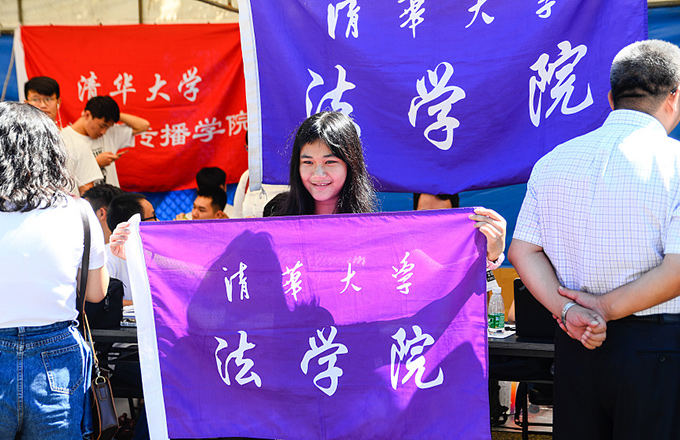Chinese scientists supercharge virus to kill cancer cells
Chinese scientists have found a compound that appears to enhance the ability of a virus to target and kill liver cancer cells while sparing healthy cells. The discovery offers new hope for treating the world's second-most common form of cancer, according to a study published on Wednesday.
A therapy using viruses that selectively kill cancer cells-called oncolytic viruses-is rapidly progressing through clinical evaluation, but the therapeutic efficacy in humans has been less than expected in preclinical studies, the study said. It was published in the US journal Science Translational Medicine.
Oncolytic virotherapy involving the M1 virus, a mosquito-borne pathogen that mainly causes mild illnesses in horses, is believed to have potential for the treatment of hepatocellular carcinoma (HCC), the most common type of liver cancer.
In order to boost the virus's antitumor effects, Yan Guangmei, a professor at Sun Yat-sen University, together with colleagues, screened 350 small molecules to identify compounds that can enhance viral killing of cultured HCC cells.
The researchers found that Eeyarestatin I-an inhibitor of the protein VCP, which may help trigger cell malignancy-increased the potency of the M1 virus by as much as 3,600-fold against the HCC cells.
The dual regimen had no effect on noncancerous cells, they said.
In multiple mouse models of HCC, a combination of M1 and Eeyarestatin I was found to shrink tumors and significantly prolong survival.
Researchers further demonstrated that the combination was safe and well-tolerated in monkeys.
"We can describe the M1 oncolytic virus as a guided missile that automatically targets tumor cells, and the addition of the VCP inhibitor is just like binding the missile to powerful explosives with the ability for auto-selection," Yan said.
"The outcome is evident with such a strong combination," he said.
Yan said the team plans to submit a clinical trial application for the combination therapy strategy in 2018.
Xinhua



























